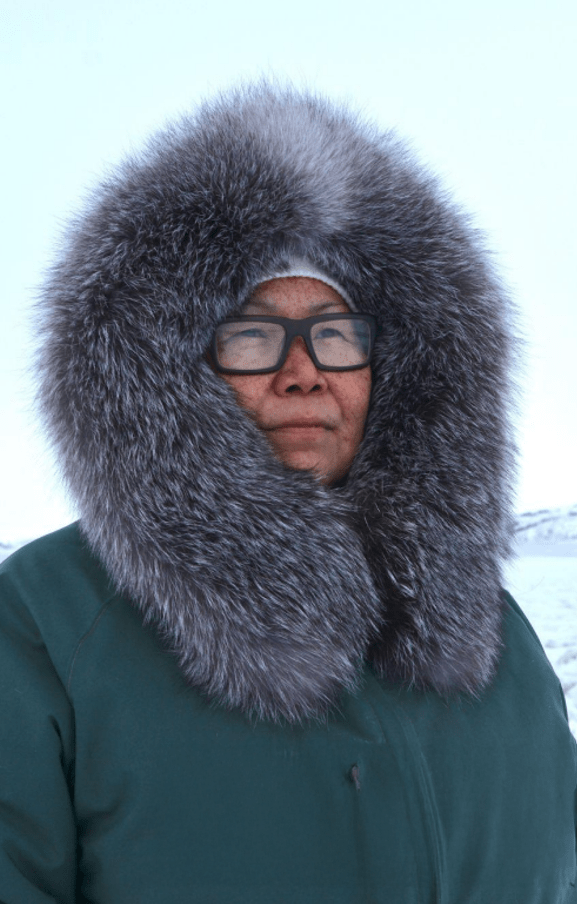Forever chemicals: From research findings to policies
Working in close cooperation with its Inuit partners, a Sentinel North research team played a key role in implementing Canadian and international policies on the production and use of long-chain perfluorocarboxylic acids (PFCAs). Regulating these contaminants, commonly referred to as “forever chemicals,” had become a matter of urgency because of the major risks they pose to human health.
The team’s work notably revealed the disproportionately high level of exposure of the Nunavik Inuit to these contaminants. Their research showed that this northern population had PFCA concentrations in the blood that were among the highest in the world, sometimes up to seven times greater than those of the rest of the Canadian population.
A direct impact
Together with their Inuit partners, the research team presented these results at the Stockholm Convention on Persistent Organic Pollutants. This played a part in the proposal review committee’s recommendation to prohibit a broad class of PFCAs, a decisive step towards their complete elimination worldwide.
Their work also provided information for the Canadian government’s report, published in May 2023, which detailed the risks associated with exposure to PFCAs and proposed options for managing them. The report, which recommends that thousands of PFCAs be regulated, will guide future Canadian policies on the production and use of these contaminants.
Adverse effects on human health
Although these contaminants are primarily produced in southern regions, they are transported north to the Arctic by ocean and air currents. They then accumulate in certain animal species that are a staple part of the traditional Inuit diet.
It appears that PFCAs have varied effects on human health but these are not yet fully understood, which only emphasizes the importance of further research. It is with this in mind that a Sentinel North research team is continuing its efforts to develop a method of analysis capable of better characterizing PFCA contamination levels in the blood, including certain derivatives which until now had been undetectable. This knowledge will be crucial for improving the monitoring of exposure to these contaminants, a first step towards better protecting the health of human populations.

"Accessing safe and uncontaminated country food is a matter of Inuit rights. Wildlife health is directly connected to Inuit health and well-being, and it is essential to preserve resources for the next generations."
- Lucy Grey, former Public Health Inuit Research Advisor for the Nunavik Regional Board of Health and Social Services
Source : Canada’s PFAS Problem Barriers and Opportunities for Action, (2024) Environmental Defence Canada
